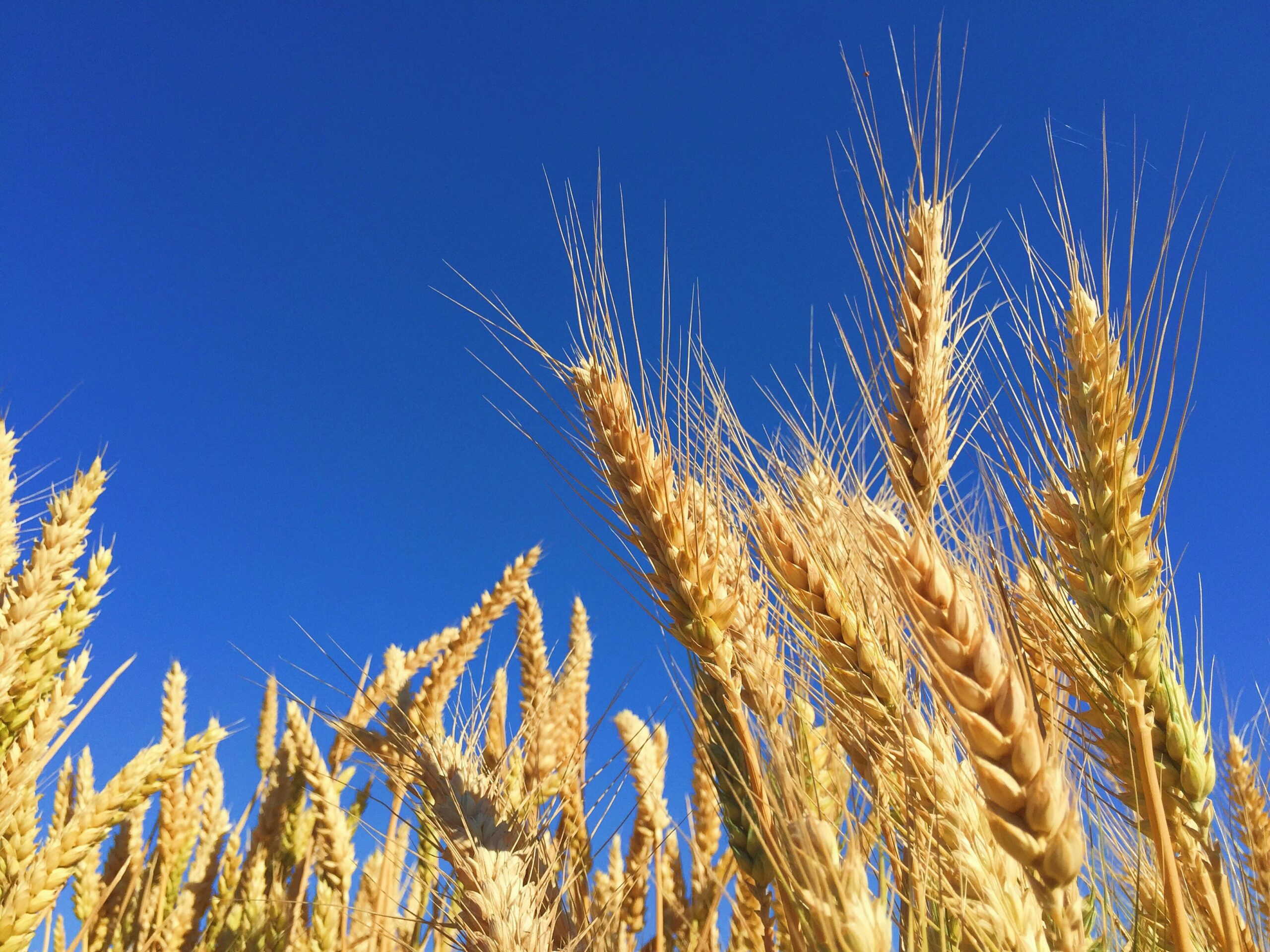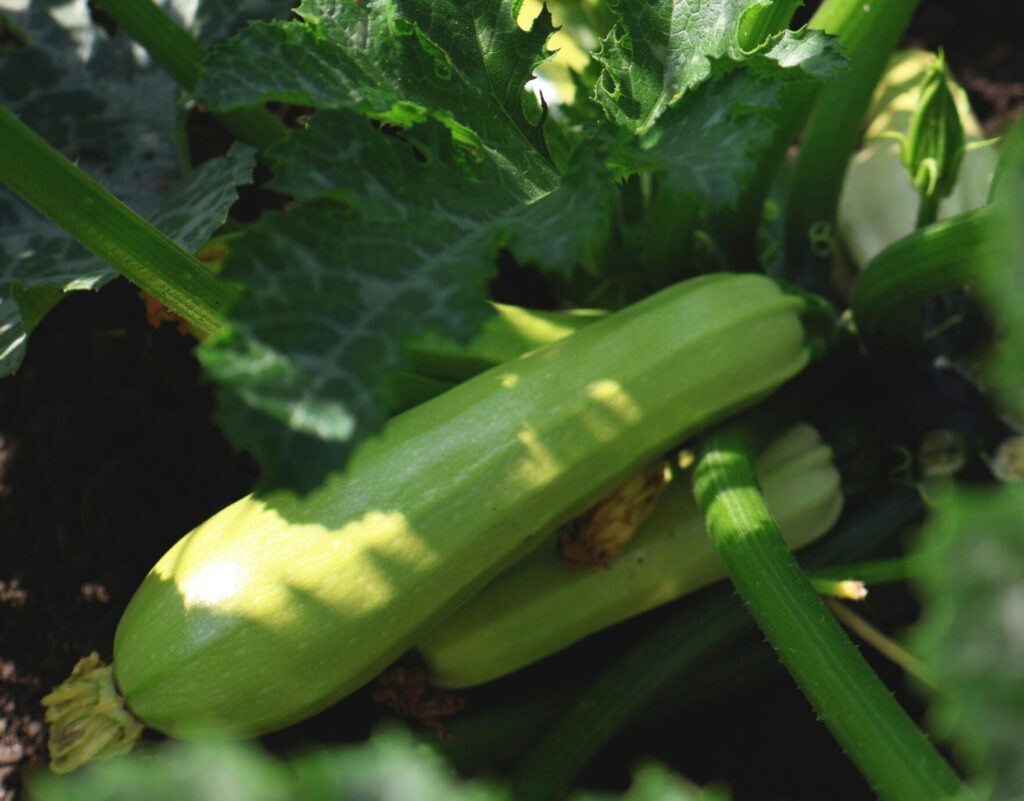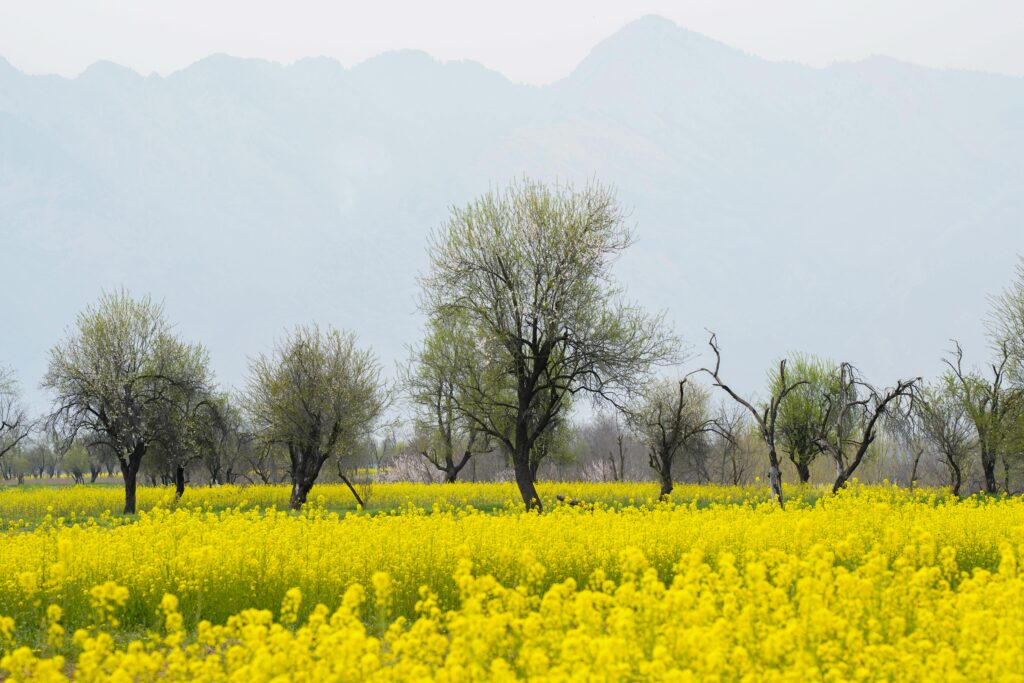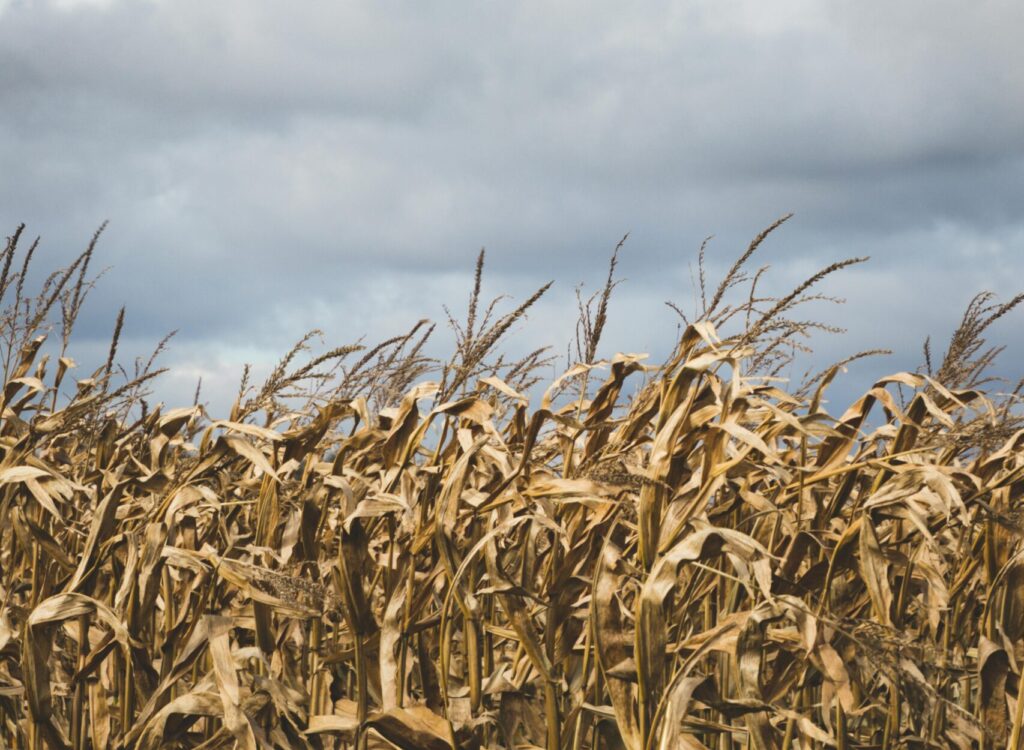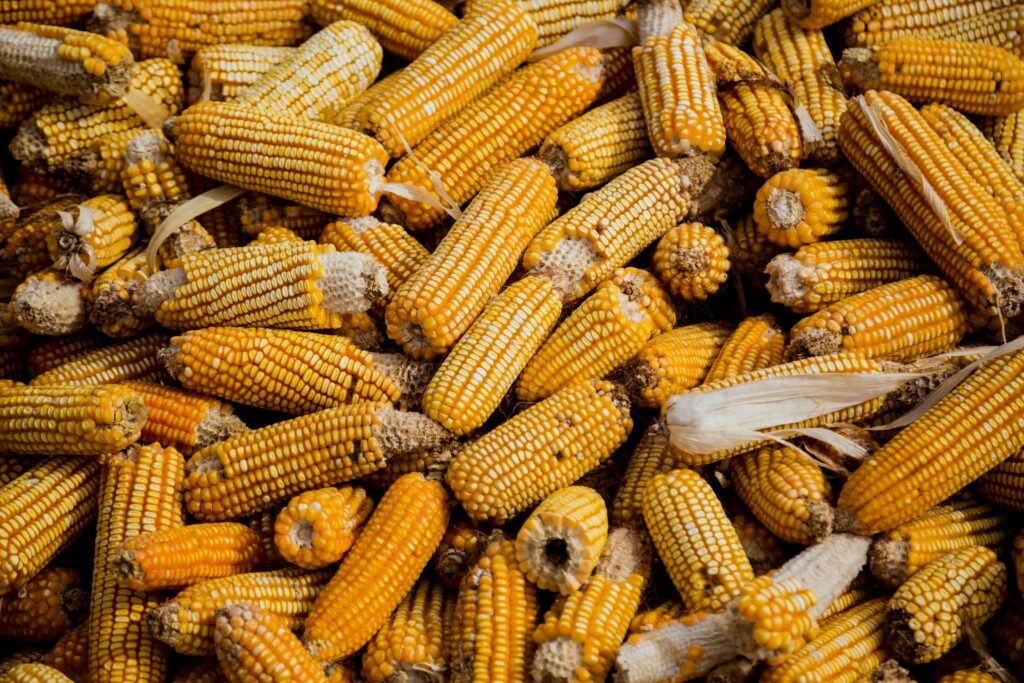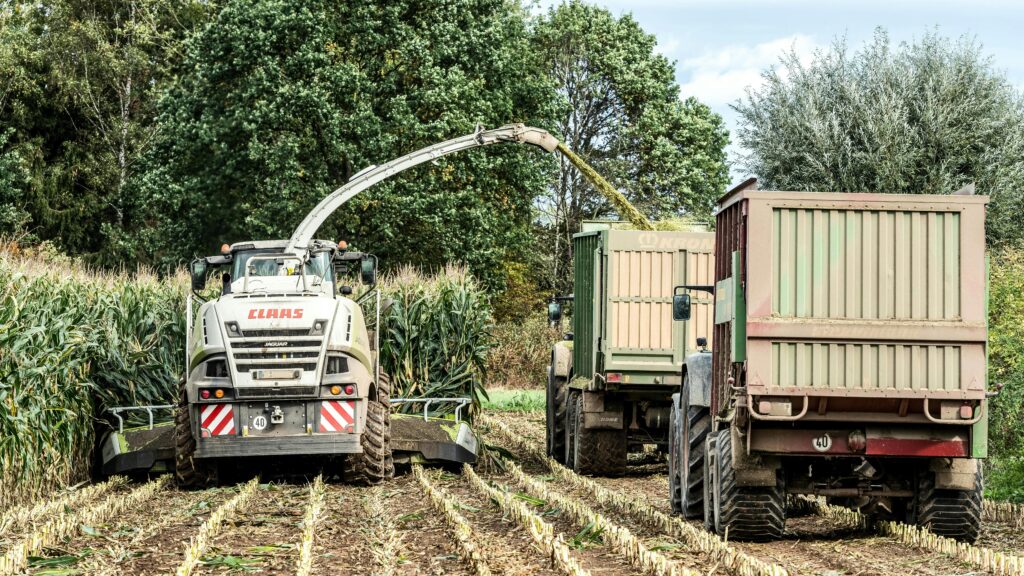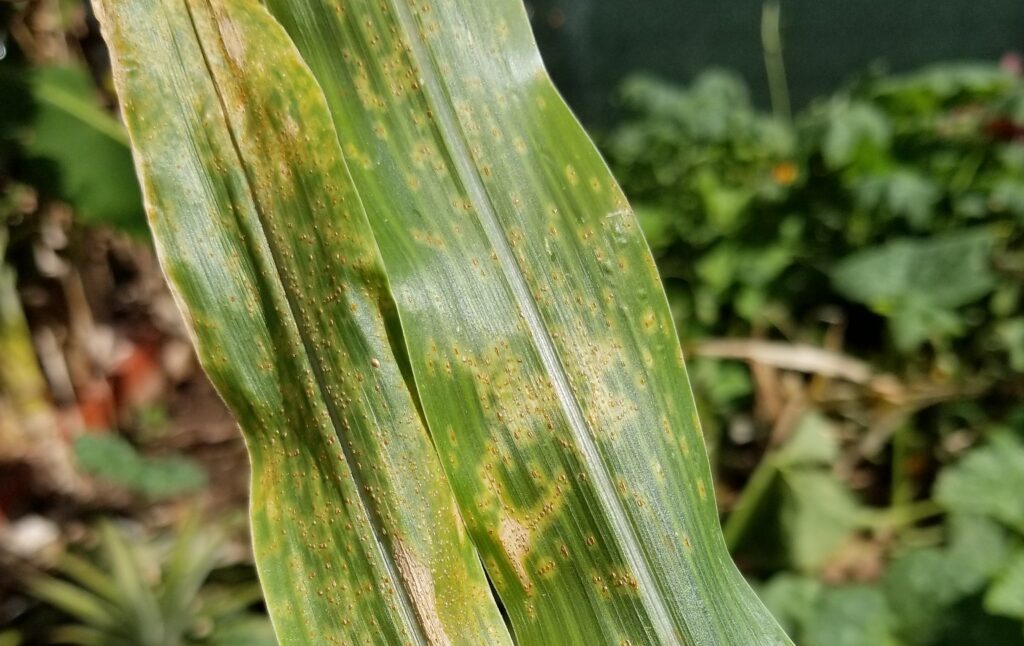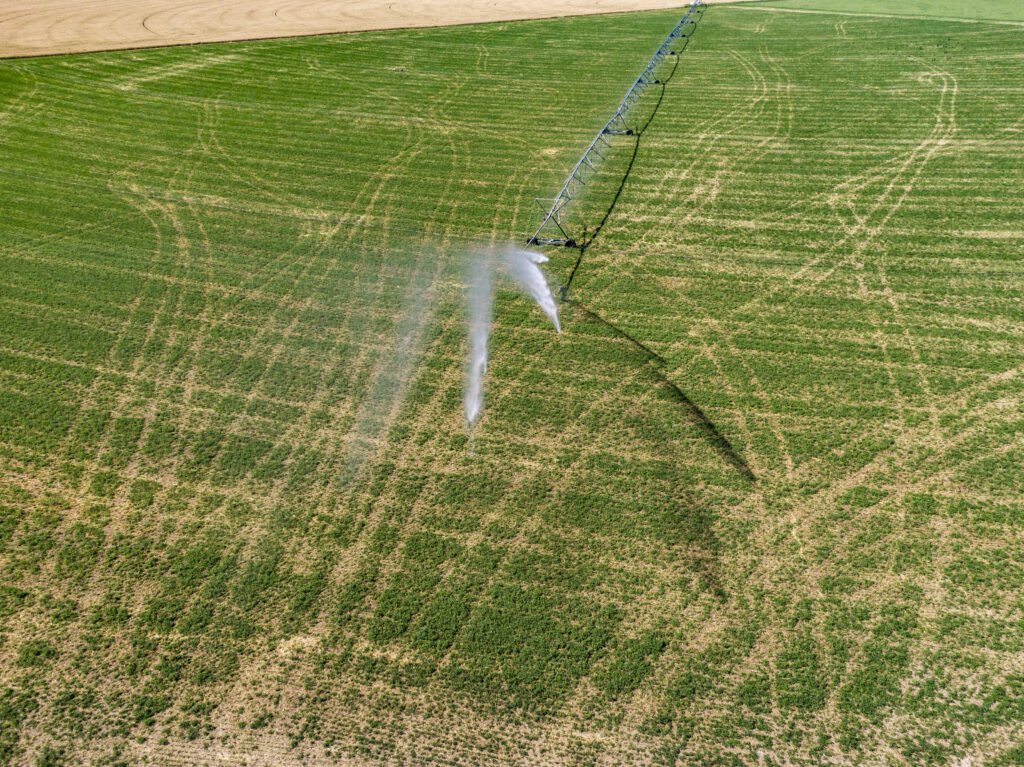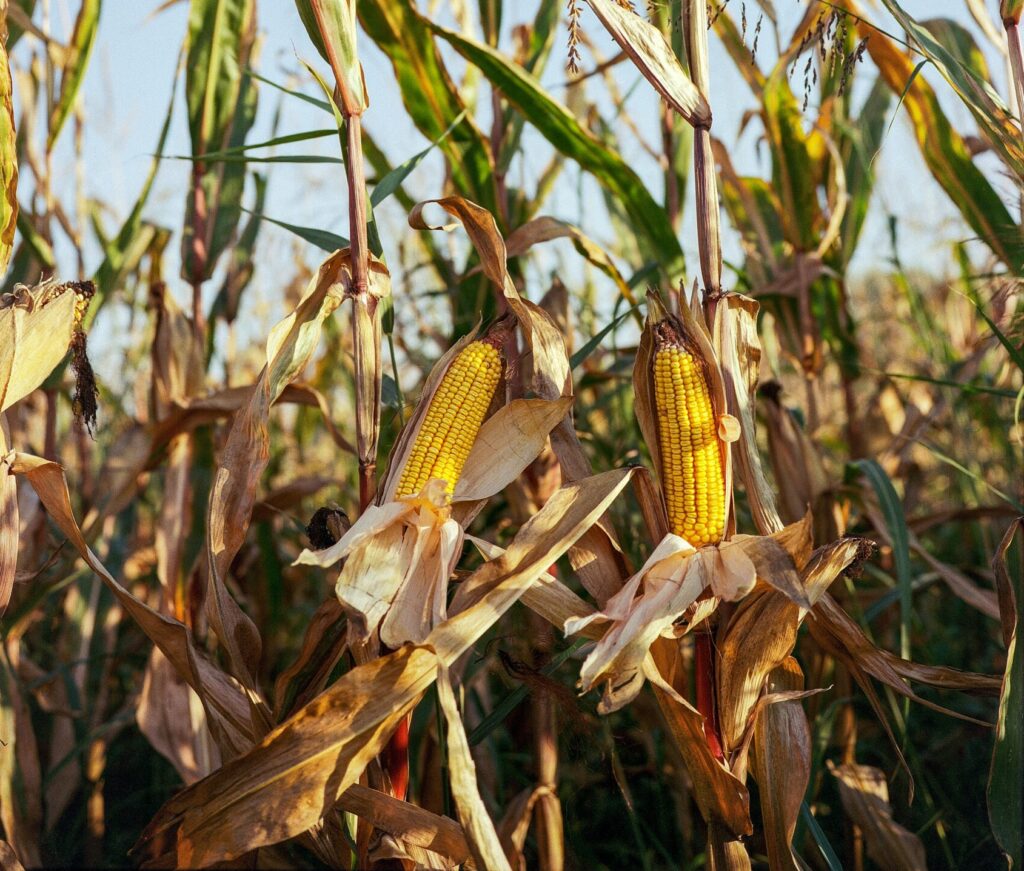Why crops?
Crops are fundamental to human life, serving as the primary source of food and nutrition for billions of people around the world. They provide essential nutrients, including carbohydrates, proteins, vitamins, and minerals, which are vital for maintaining health and supporting growth. Staple crops such as rice, wheat, corn, and potatoes form the backbone of diets in many cultures, ensuring that populations have access to the calories and nutrients they need to survive. The cultivation of crops also plays a crucial role in preventing hunger and malnutrition, particularly in regions where food security is a constant concern. Without a steady and reliable supply of crops, entire communities would face the devastating consequences of food shortages, including widespread malnutrition and increased vulnerability to diseases.
Economically, crops are a cornerstone of global agriculture, driving the economies of many countries, especially in rural areas where farming is the primary livelihood. The production and sale of crops generate income for millions of farmers and agricultural workers, contributing significantly to local and national economies. In addition to providing direct employment, crops also support a wide range of industries, including food processing, manufacturing, and retail. International trade in agricultural products further highlights the economic importance of crops, as many countries rely on the export of their agricultural goods to generate revenue. The agricultural sector’s contribution to economic stability cannot be overstated, as it underpins the livelihoods of a vast portion of the global population and provides the raw materials necessary for numerous other industries.
Crops also have a profound impact on the environment and are integral to sustainable land management practices. When grown using sustainable methods, crops help preserve soil fertility, prevent erosion, and maintain the health of ecosystems. They play a vital role in carbon sequestration, helping to mitigate the effects of climate change by capturing carbon dioxide from the atmosphere. Moreover, certain crops, such as those used for biofuels, provide renewable energy sources that can reduce our dependence on fossil fuels and lower greenhouse gas emissions. Beyond their environmental benefits, crops also support biodiversity by providing habitats and food sources for various species. In this way, crops contribute not only to human survival and economic prosperity but also to the health and stability of the planet’s ecosystems.






